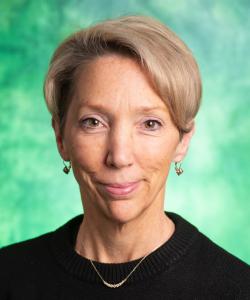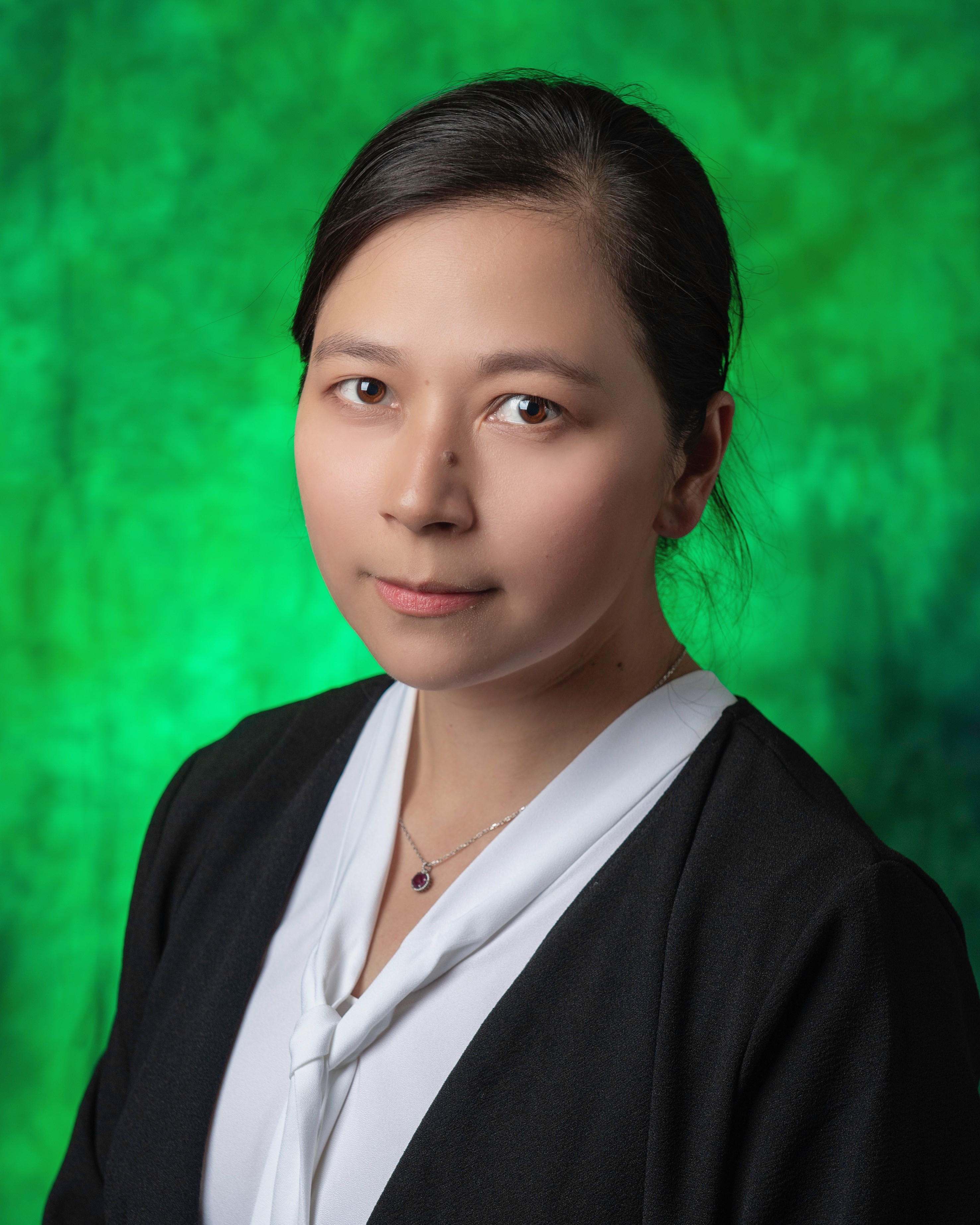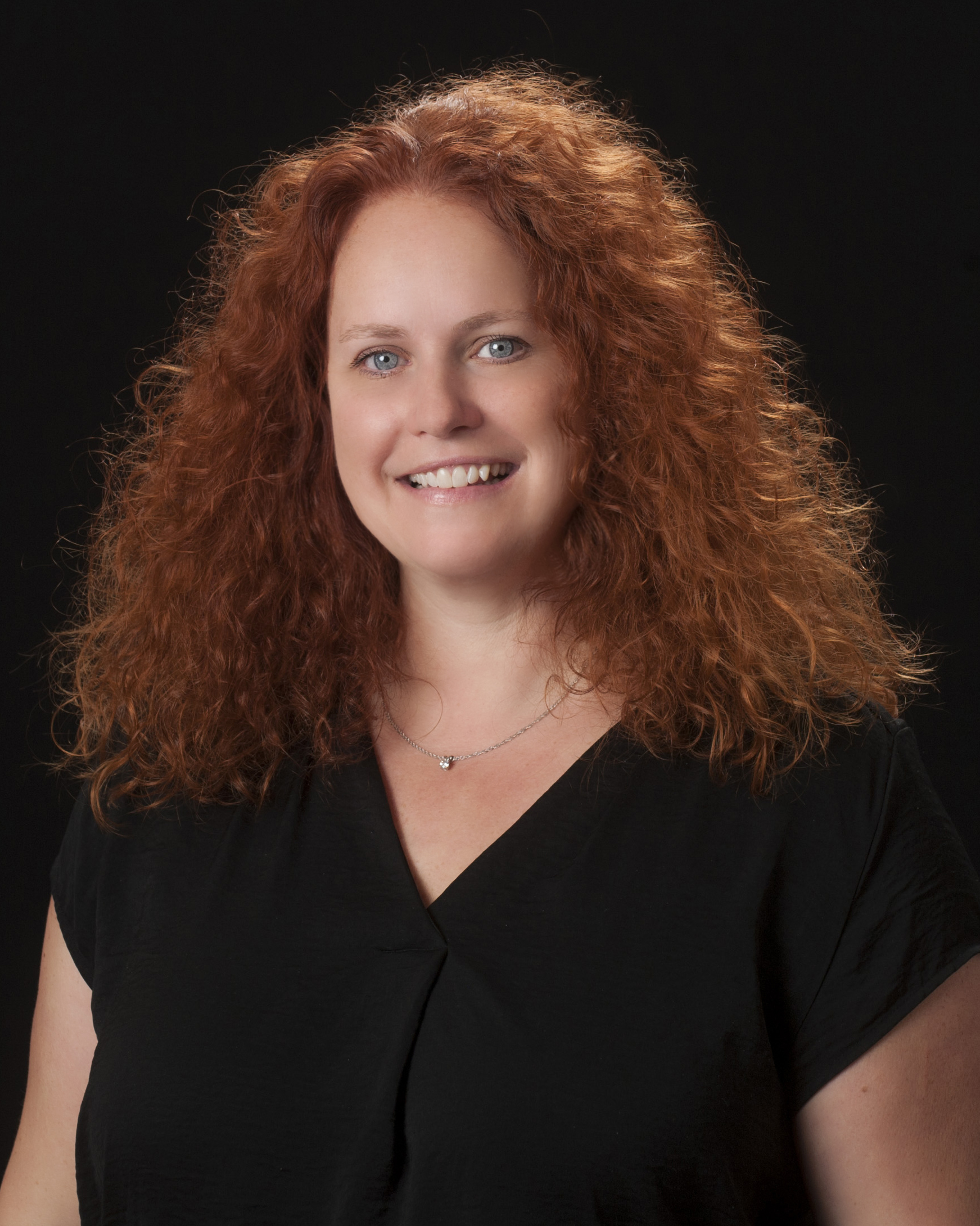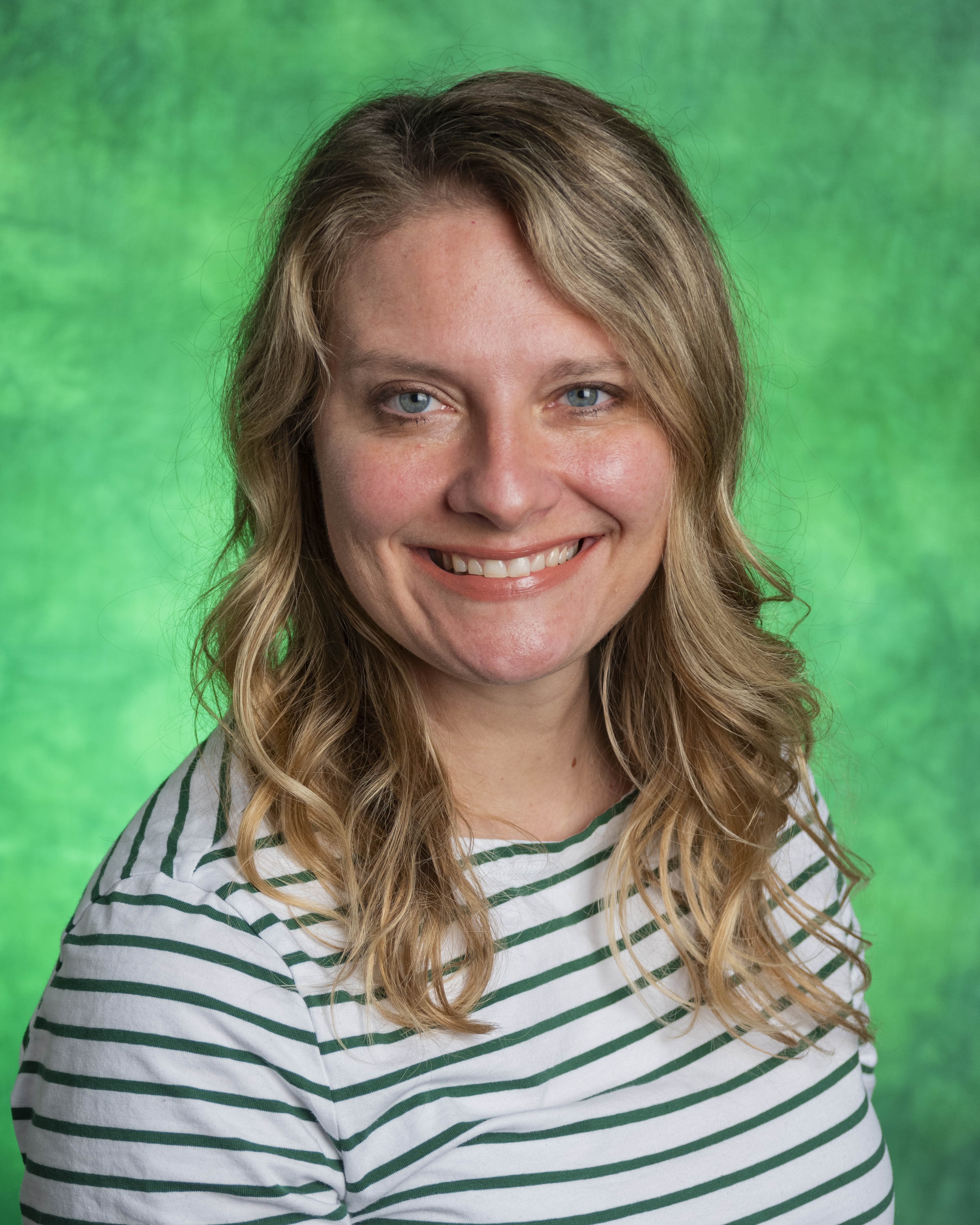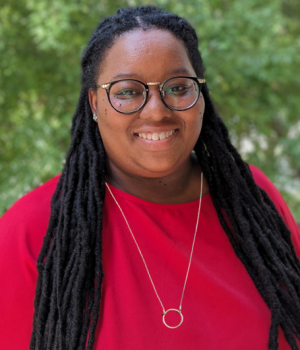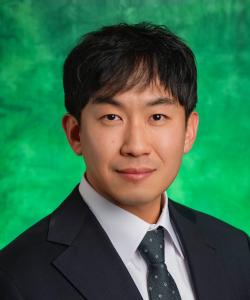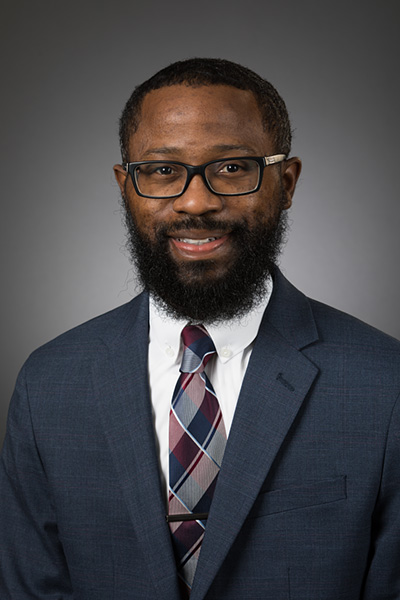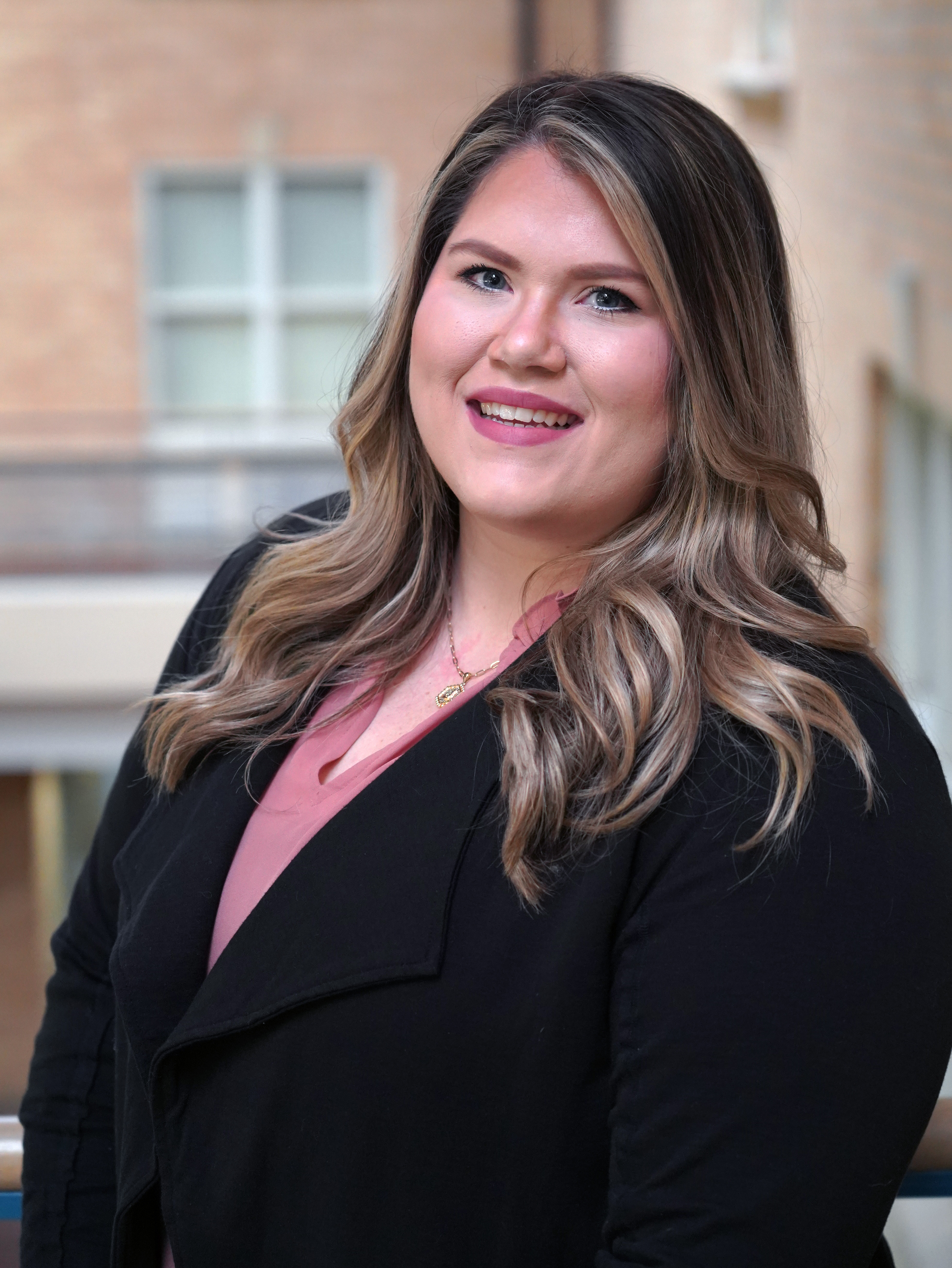New Faculty Highlight
Meet Kayla Whitworth, Lecturer, Department of Social Work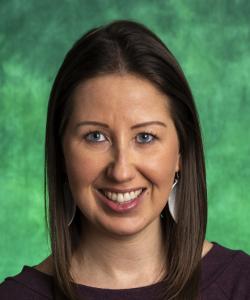
First, tell us a little about yourself.
Hi, I’m Kayla Whitworth a licensed clinical social worker supervisor. I am excited to be starting my fourth year here at UNT. I live in Denton with my husband, Brian, our two daughters, ages 14 and 7, and our dog and cat.
Why did you choose to study social work?
During my undergraduate journey, I initially pursued a biology major, but it didn't take long for me to realize that it wasn't the right path for me. Recognizing the need to change majors, I decided to explore my options and sought assistance from the university's career center. Through their aptitude test, it became evident that my true calling lay in the field of social work. This prompted me to delve into research about the discipline, ultimately solidifying my conviction that social work was the perfect fit for me.
What do you enjoy most about teaching?
Within the community, misconceptions surrounding child welfare and Child Protective Services persist. What truly brings me satisfaction is witnessing the transformation in my students' perspectives as they transition towards a more accurate and well-informed understanding of the system. In my teaching approach, I employ experiential techniques that stimulate their learning, and it's genuinely rewarding to observe their minds engage and evolve.
What do you hope your students gain from your courses?
Each semester, my objective is to instill in students the understanding that child welfare transcends the confines of Child Protective Services—it is a concern that pertains to us all, child welfare is everyone’s problem.
What did you do before pursuing a career in academia, and why did you decide to pursue teaching?
I embarked on my professional journey as a caseworker at Child Protective Services in Denton, dedicating approximately 4 ½ years to this role. Following the attainment of my clinical license, I ventured into a new chapter at Medical City Denton, where I worked as a social worker focusing on discharge planning for 4 years. My yearning for a more clinical role led me to accept the position of Lead Behavioral Therapist at Health Services at North Texas, where I provided therapy to patients for a rewarding 6 ½ years. It was during this tenure that the COVID-19 pandemic began, presenting unique challenges, including managing my children's virtual learning while continuing to provide remote care for my patients.
In the midst of this challenging period, an exciting opportunity arose – the role of Title IV-E Senior Coordinator at UNT. This position aligned perfectly with my true passion for child welfare, sparking my enthusiasm. After several years of dedicated service at UNT, I recognized my desire for professional growth and chose to take the leap into the role of lecturer, determined to further advance my career within this inspiring institution.
When you’re not teaching, what do you enjoy doing?
I enjoy cooking, Pilates, spending time with my family and Mean Green Basketball games. GMG!!
Do you have any fun facts that others may not know about you?
As an adopted child, this life experience has not only shaped my perspective but has also inspired my father and me to collaborate on the creation and publication of a children's book. Currently, we are working on crafting our second book.
- Social Work


